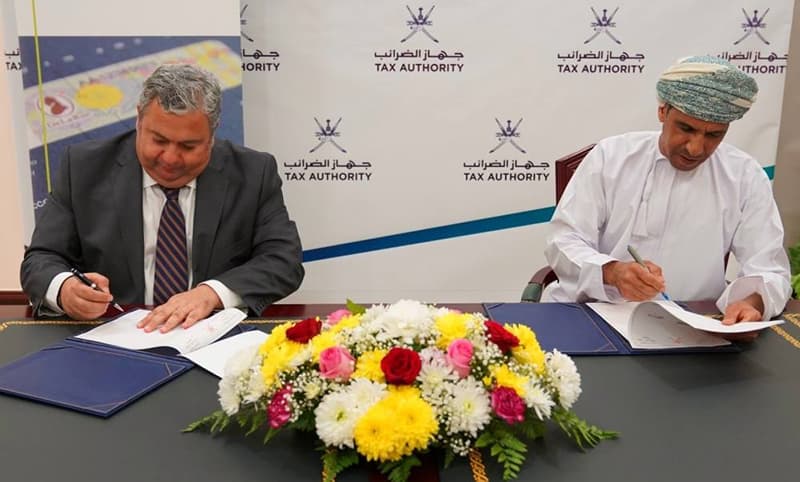British company De La Rue, the world’s largest commercial banknote and tax stamp printer with a 200 year heritage, has won an authentication from the Oman Tax Authority that would help increase tax revenue on excisable goods coming into the country. The contract for five years involves a digital tax stamp setup combining secure printed tax stamps with digital tracking technology.
In its first phase, the tax authority would target tobacco products beginning April, with De La Rue’s system being compliant with the World Health Organization’s Framework Convention on Tobacco Control (WHO FCTC), as well as product marking and serialization for other goods which incur excise duty, enabling digital tracking systems.
“All of GCC countries that are implementing tax stamp solutions have selected De La Rue as their partner. De La Rue now secures more than 14 billion products annually across our Government Revenue Solutions (GRS) and brand protection solutions that ensure protection of revenue and customer reputation globally,” says Andrew Clint, Managing Director of the Authentication division of the Basingstoke-headquartered company.
But the company was always under pressure from investor Richard Bernstein of Crystal Amber Fund (CRS) after its share price took a plunge last month. In its January fund update on De La Rue, Bernstein had this to say, “The Fund believes that following the COVID-19 pandemic, the industry requires consolidation. Given its current rating, De La Rue will be subject of a takeover bid from one or more of its overseas competitors. CRS believes that this will be the inevitable outcome of management prioritizing 100% capacity utilization rather than cash gross margin maximization.”
Crystal Amber Fund reduced its shareholding in De La Rue from 15.1% to 10% during the previous year. Bernstein has also called on De La Rue to consider a breakup or sale following a 30% drop in its share price. The banknote printer has warned that annual profits will miss market expectations due to impact of the COVID-19 pandemic on supply chains and staff strength. The London-listed company said that the worsening of supply snags, cost inflation, and staff shortages, have lowered its total output for the year.
But with the new agreement with the tax authority, the scheme is said to generate more tax revenue for Oman, with tighter controls and monitoring of excisable goods. On its part, the English company expects the contract to start contributing to revenue in early FY23.
